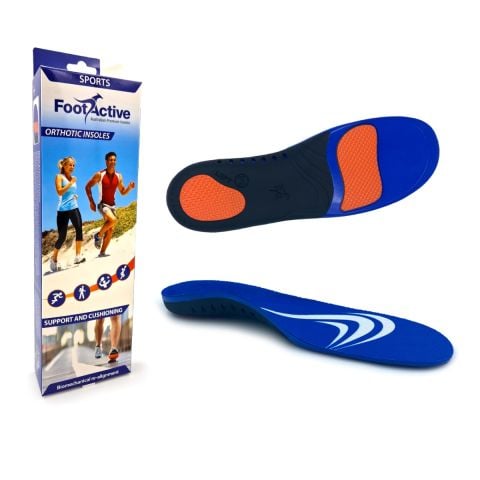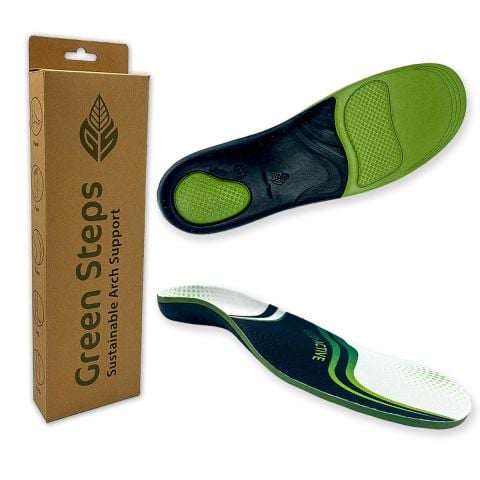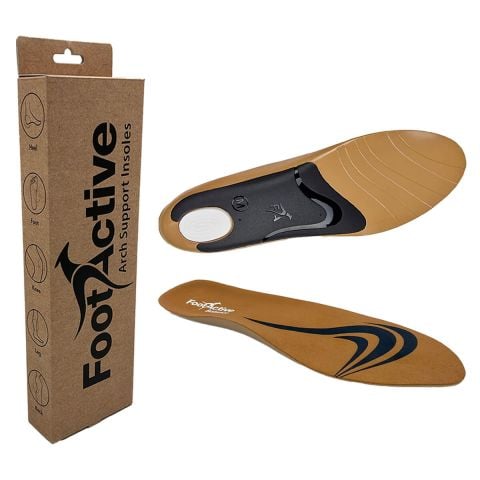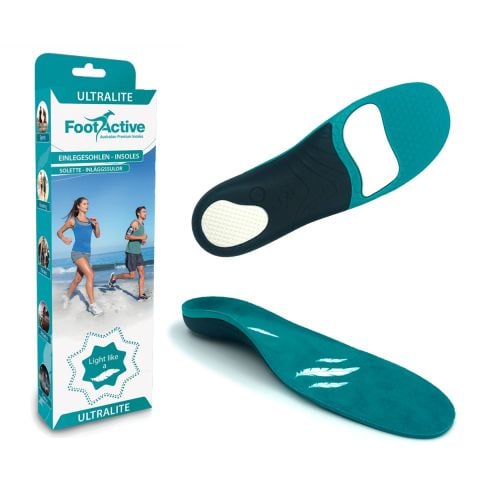FAQs
Should you wear insoles while running?
Not everyone will feel that they need insoles for their running shoes, but they do provide that extra level of support and comfort which is beneficial to most runners to prevent injury.
If you are already experiencing foot pain or have a foot condition which causes you discomfort, it is definitely recommended to add orthotic insoles to your running shoes.
Should I put insoles in my running shoes?
Some say all runners need insoles for running, and most agree that running insoles are a must if you have specific issues with your foot.
You should certainly consider using a pair of running insoles if you have an existing foot condition.
Also, running insoles can prevent foot disorders from developing in the first place by keeping feet, ankles and legs comfortable and fully aligned.
Are gel insoles good for running?
Gel insoles do a great job of lessening the impact while running and reducing pain and stress on your feet and lower limbs. A pair of high-quality gel insoles will also reduce your risk of injury.
How long do running insoles last?
This obviously depends on a number of factors, such as how frequently you run and how much punishment your running shoes undergo.
But with regular, everyday use, you can expect your running insoles to last for around six months, while serious runners may have to change their insoles after three to four months.
Do professional runners wear insoles?
Running insoles are for everyone looking to for comfort and prevent injury and lasting foot problems. And that includes a great many professional runners.
What should I look for in good insoles for running?
The best insoles for running should feature high quality materials, advanced comfort, arch support and shock absorption.
What are the best insoles for running with flat feet?
If you suffer from flat feet, supporting the arches of your feet is particularly important, especially when exercising. Opt for high quality arch support insoles to relieve pain and help correct your foot position.






